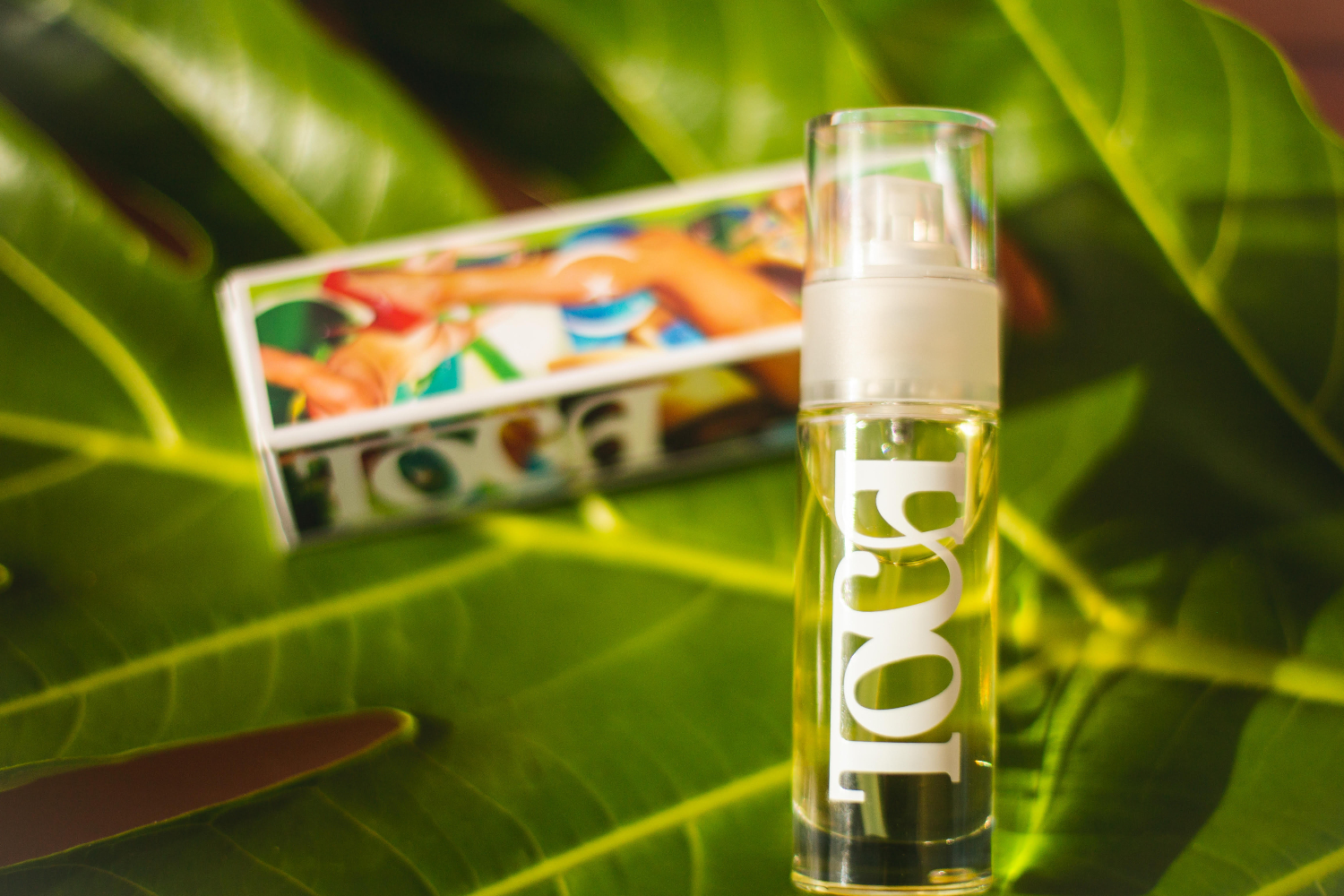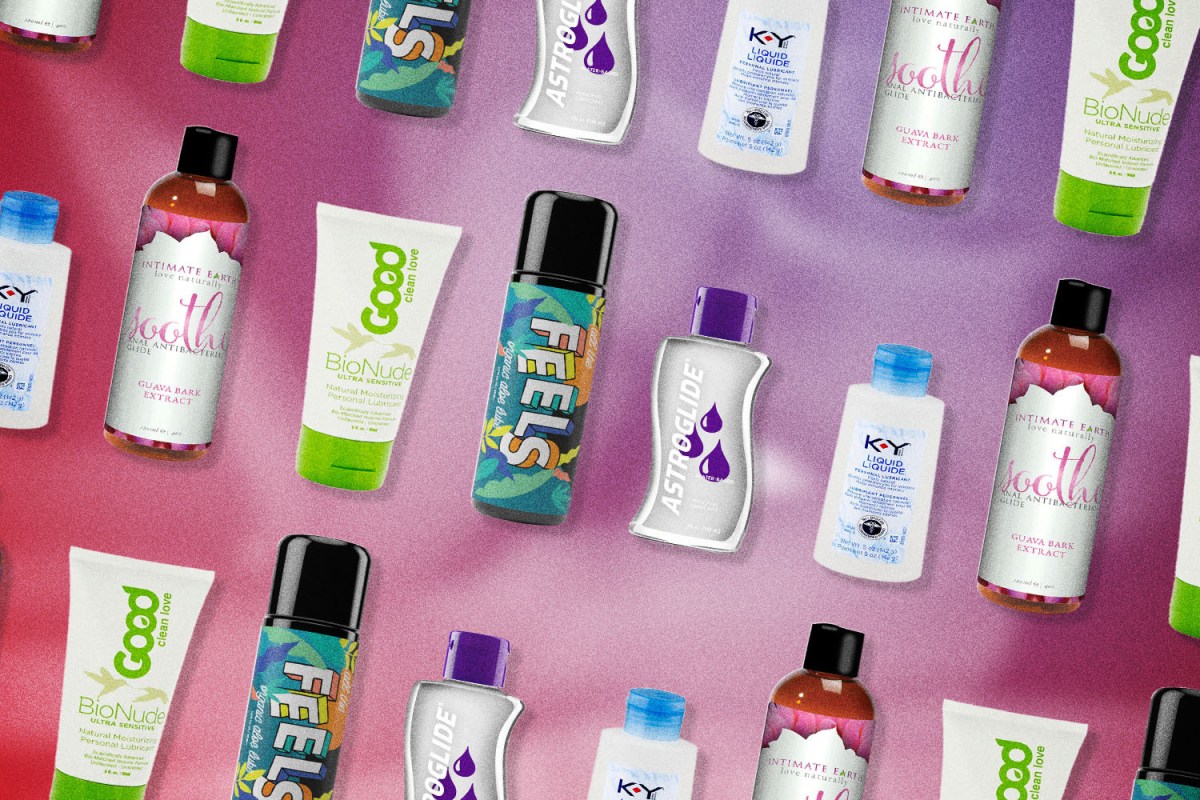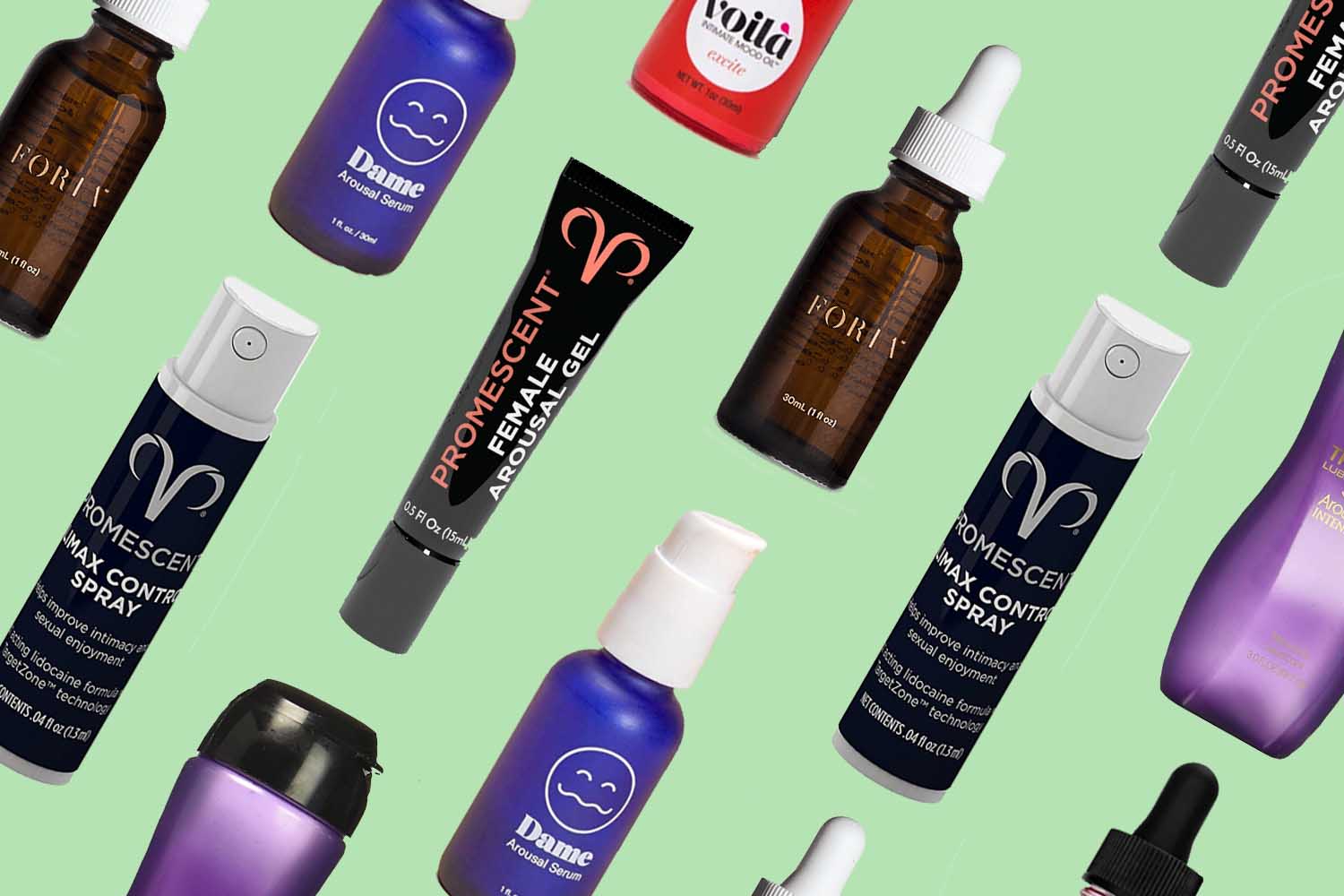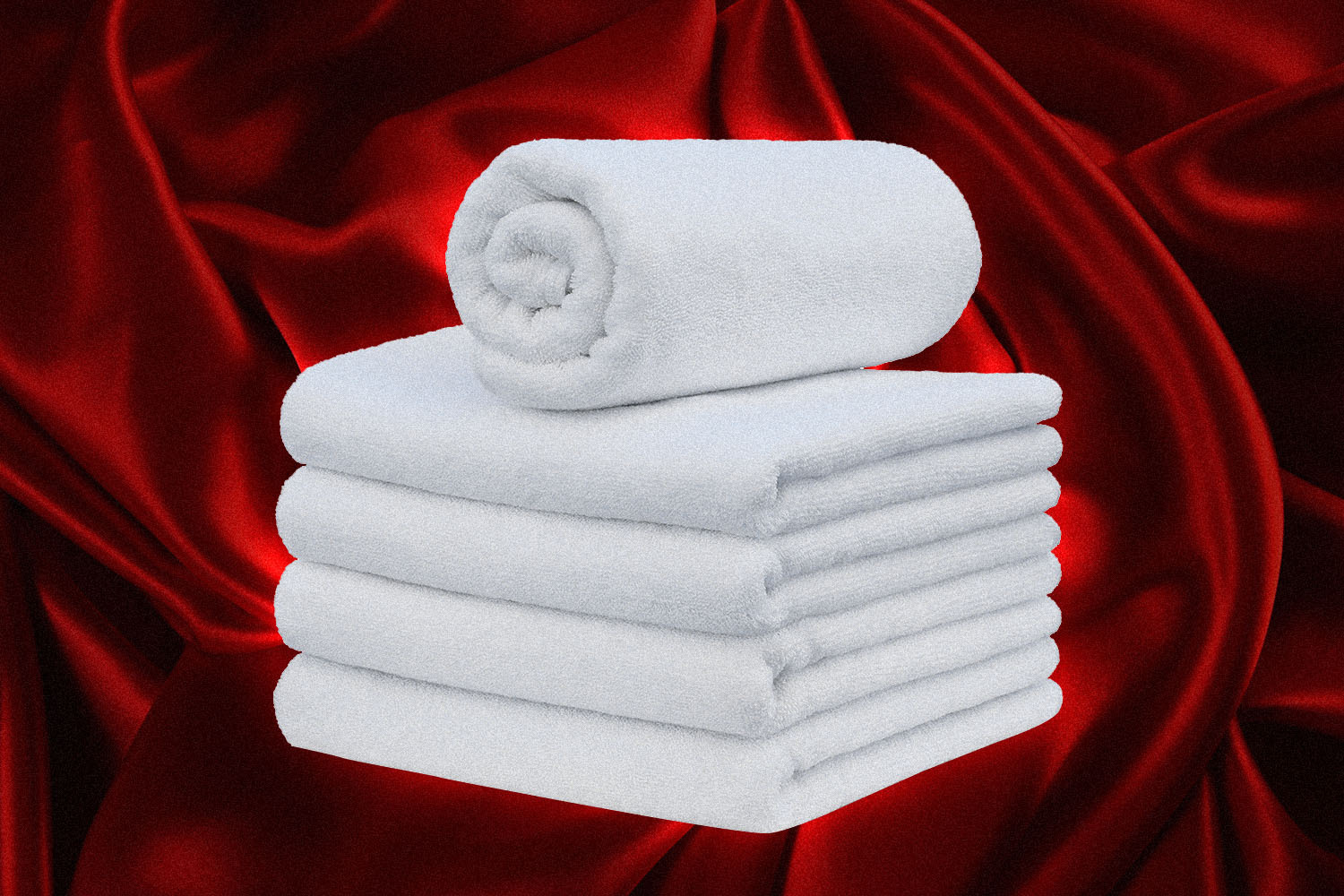While immersed in the throes of sexual pleasure — with another person or just yourself — sometimes a little extra slickness is required. But in that moment, do you really know what you’re putting on your genitals?
Many legacy lubricants, like KY and Astroglide, for example, are made with ingredients linked to a host of health issues. Glycerin, and other sugar derivatives that are common lube ingredients, can trigger yeast infections. Quaternium-15, an ammonium salt and preservative that’s also a formaldehyde releaser, is known to cause skin irritation and allergic reactions. And though the jury is still out on parabens, this chemical group — used in preservatives and also found in many cosmetics — may increase chances of breast cancer.
The health concerns that these and other traditional lube ingredients raise are among the primary reasons for the recent emergence of organic lubes.
“If you can’t pronounce it, denounce it,” says Taylor Sparks, founder of Organic Loven, a digital marketplace brimming with sexual products, including a plethora of natural lubricants.
Boasting certifications in holistic aromatherapy and human behavior, Sparks says a large portion of what people put on their skin is absorbed through pores and funneled into the bloodstream. (Some, like Gwenyth Paltrow, believe this figure is as high as 70 percent, though other experts say such a number cannot be quantified precisely.) Human beings put nine different personal care products on their body on a daily basis, according to one survey, while another study found the average woman puts 515 different synthetic chemicals on her body every day. These types of practices begin at birth, Sparks points out, with parents patting substances like powder — which has a recent, widely publicized history of cancer connections — on their babies’ skin. “We’re talking about, over the course of our lifetime, what is being absorbed and affecting our bodies?” she says.
Two of the lubes that Sparks slings on her site come from a company called TOCA, described as “a plant-based, gender-fluid, freaky, nature-loving product line that was founded on the desire to bring pleasure and eros to the forefront of our well-being and self-expression.” TOCA’s oils contain easy-to-pronounce ingredients like peppermint, ginger, Vitamin E oil, basil and whole hemp plant extract. Founder Anne Louise Burdett, a clinical herbalist who focuses on sexual reproductive health and trauma, says the CBD element of the products is both what makes them work well and, unfortunately, has kept them out of the hands of consumers.

“We were super-excited to launch into this field because cannabis is so powerful in the realm of sexual health and trauma,” Burdett says. “The endocannabinoid system is our safety system, the way that our organs and cells and tissue can understand when to stop being afraid and when to be able to relax.”
But some private companies — like payment processors and advertisers, which can help a new product find its market footing — have been hesitant to link up with a cannabis-friendly brand. However, Burdett says TOCA has overcome these hurdles and has grown satisfactorily since its founding two years ago.
“We’ve tapped into a community of folks with endometriosis, vaginismus, as well as OBGYNs and midwives that are now promoting our product because they are seeing results that they have never seen with anything else,” Burdett says.
Ballsy, a company that primarily sells men’s grooming products made with natural ingredients, recently jumped on the organic lube bandwagon as well. It released the aloe-based All The Feels agent in January, initially with a seasonal run through Valentine’s Day in mind. But founder Adam Hendle says the product has been such a hit that the company is leaning toward selling it year round.
“Our stance is if you’re going to use something in your most intimate areas and internally, why not make it as natural as possible?” Hendle says. “So we worked with our manufacturer on a formula that uses natural ingredients such as aloe, quinoa and tremella fuciformis, which all have incredible properties for use as a natural lubricant and for your skin.”
He adds that aloe is an ingredient that has been used throughout history “to help moisturize, protect and rejuvenate your skin,” while quinoa “helps promote skin elasticity and regenerates skin cells,” and tremella fuciformis “promotes blood flow through your skin.”
Another point of concern for Sparks is the fact that the FDA categorizes many ingredients found in old school lubes as “GRAS,” or, “generally regarded as safe.” The way Sparks sees it, that means “if four or five hundred people do not call the FDA and complain about that ingredient,” a mere disclaimer directed at consumers to stop using the product if they experience irritation is all that will be required, “and they just let it be.”
That said, according to board-certified dermatologist Jason Emer, the health risks associated with legacy-lube use aren’t as overwhelming as the concerns driving the growing movement towards more holistic lube products may suggest.
“At typical concentrations and amounts used,” Emer says of the dubious ingredients in old-school lubes, “I would say 99.9 percent of people are never going to experience those [adverse] reactions.”
However, Emer, who’s also an advisor to the aesthetic healthcare market RealSelf and oversees his own “ingredient-conscious” skincare company, does agree that quaternium-15 is a substance that people should avoid, as there is a relatively large number of individuals who can develop an allergy to the substance across repeated use. Emer’s not a fan of parabens, either, noting that, today, many skincare lines — including his own — advertise that they are “paraben-free.”
In terms of slick substances, he says he’s an “advocate for things like avocado oil,” as well as aloe, which he notes is anti-inflammatory.
“It’s just like food,” Emer says. “I always tell people: Processed foods aren’t as good for you. The same thing with skincare. Skincare with added ingredients that don’t have medical benefits aren’t as good for you.”
In other words, it might be best to find the kale-salad equivalent of lube for your privates, versus what you’ll get out of a metaphoric Big Mac.
The Charge will help you move better, think clearer and stay in the game longer. Subscribe to our wellness newsletter today.


























